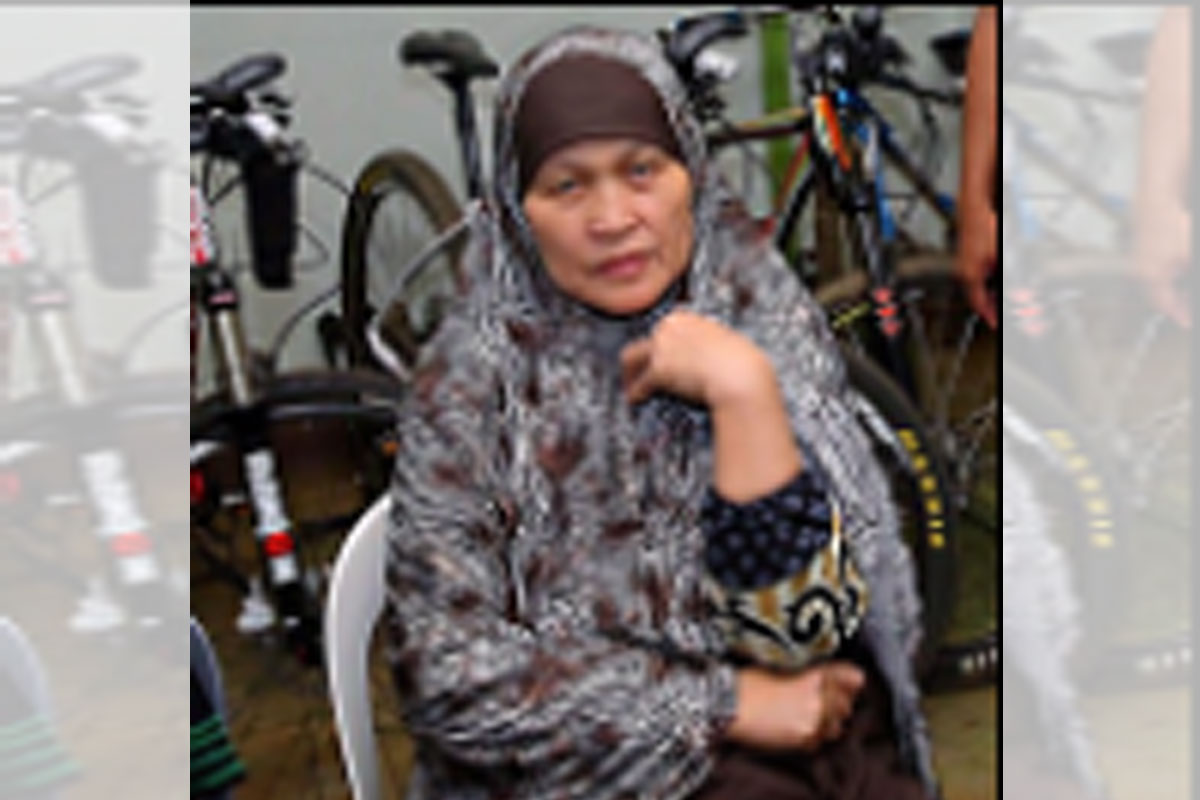
PNP cybercops still work non-stop under new normal
FROM monitoring fake online news to tracking down sophisticated hackers, sextortionists, pedophiles and other high-tech criminals involved in massive fraud using the internet, agents of the Philippine National Police Anti-Cybercrime Group (PNP-ACG) continue their non-stop work under the new normal brought about by the COVID-19 pandemic.
“Our cybercops are busy monitoring the web daily in search of hackers, online sex fiends, extortionists and other con artists and since last year, we have accounted for hundreds of offenders,” said PNP-ACG director, Brigadier General Robert T. Rodriguez.
PNP-ACG records showed that from January 2020 to last April, the PNP-ACG conducted a total of 373 operations which resulted in the arrest of 506 suspects and the rescue of 24 victims of online criminals, 12 in 2021 and 12 so far this year.
Rodriguez said that 220 of those operations were conducted in 2020 leading to the arrest of 351 suspects. From January to April this year, the PNP-ACG launched a total of 153 anti-criminality operations which resulted in the arrest of 155 individuals.
Majority of the suspects were arrested and charged for violation of Republic Act 10175 or the Cybercrime Prevention Act of 2012 that was approved on September 12, 2012. Among the cybercrime offenses included in the bill are cybersquatting, cybersex, child pornography, identity theft, illegal access to data and libel.
The others were arrested and jailed for violation of RA 8484 or the Access Devices Regulation Act of 1998 which regulated the issuance and use of access devices, prohibiting fraudulent acts committed relative thereto, providing penalties and for other purposes.
Among the most significant accomplishments of the PNP-ACG during the period include a raid on a cybersex den in San Fernando City in La Union on September 14 last year where they arrested 19 employees of the establishment, all now facing charges for violation of RA 10175 and RA 8484, and the June 2, 2020 arrest of Kelechi Christian Ukpabi, a Nigerian national and his Filipina partner Dolly Ann Uy for violation of RA 10175 in Bacoor City in Cavite.
The two were arrested while in the act of withdrawing money deposited by their victim in a money remittance center in Bacoor City.
The PNP-ACG also provided technical assistance of the Police Regional Office 2 during the conduct of an anti-online gambling raid inside the Saturnina Hotel and Resort in Sta. Ana, Cagayan on August 4 last year which resulted in the arrest of 75 Chinese nationals and some of their Filipino employees.
Last January 15, the PNP-ACG also arrested John Paul Kiener, an American national wanted for violation of RA 10175 in Cebu City. Last February 2, the PNP Cybercops also led a raid on a prostitution joint in Angeles City where they arrested American national Easton Scot Sanderson and rescued two Filipinas. Recovered during the raid at Kandi Tower 2 in Angeles City were assorted electronic digital evidence, pornographic materials and identifications cards being used by the suspect and the victims.
Last March 1, the Cybercops arrested Joan Dumagan, a 39-yar old resident of Liloan, Cebu wanted for 15 counts of violation of RA 10175 and tagged as the most wanted cyber-criminal in Central Visayas.
Last March 2, PNP-ACG operatives also arrested Nigerian nationals Evans Amara Okeke,26; and Chidiebere Junior Ezema,25, for swindling and estafa. The two West African nationals’ Filipina companion identified as Judy Ann Japitana was also arrested for aiding and abetting the two in committing their crimes.
Last March 17, PNP-ACG agents in Ilocos-Pangasinan region also arrested William Santos, a 44-year old tricycle driver from Bitalag, Tagudin, Ilocos Sur wanted for 22 counts of violation of RA 7610 and 10 counts of violation of RA 9775 or the anti-child pornography act of 2009.
A P2.8 million bail was recommended for the temporary liberty of the accused
The PNP-ACG said that in most cases, foreign sex fiends have taken advantage of poor impoverished Filipino families to perpetrate their illegal activities, in some cases victimizing young girls with the consent or prodding of their parents or guardians for a fee.
The lure of easy money has also motivated many Filipinos to engage in internet-associated crimes even under the new normal prompting the PNP-ACG to be on its toes 24/7 in order to address complaints from victims themselves or concerned citizens who are now not afraid to report cybercrime incidents to the police.
Rodriguez, a member of Philippine Military Academy ‘Sambisig’ Class of 1991 said that although major Internet Service Providers in the country have begun collaborating with them on issues of cyber security and cybercrime prevention, there is still much work to be done especially in the manner of preservation and providing evidence stored in them.
Rodriguez admitted that the use of technology in the commission of traditional crimes and the new found ways of committing crime in the country continue to pose a challenge to the PNP.
He cited in particular the rising incidence of financially-motivated cybercrimes and politically-motivated cyber-attacks on government by cyber actors in The Philippines where an estimated 31.33 percent or 33.6 million out of the country’s more than 100 million population use the internet. Of the internet users in the country, 75 percent use personal computers while the rest use their mobile phones to access the web.
Since its creation, the PNP-ACG has launched investigation on cybercrimes involving national security matters like politically-motivated attacks and those involving terrorism activities such as recruitment, propaganda, planning, teach-ins, financing and even operational implementation, financially-motivated offenses such as cyber-extortion, threat, harassment and disclosure of privacy-related matters, crimes against a person or property and crimes that violate public morals including obscene and indecent publication, child pornography and human trafficking.



















